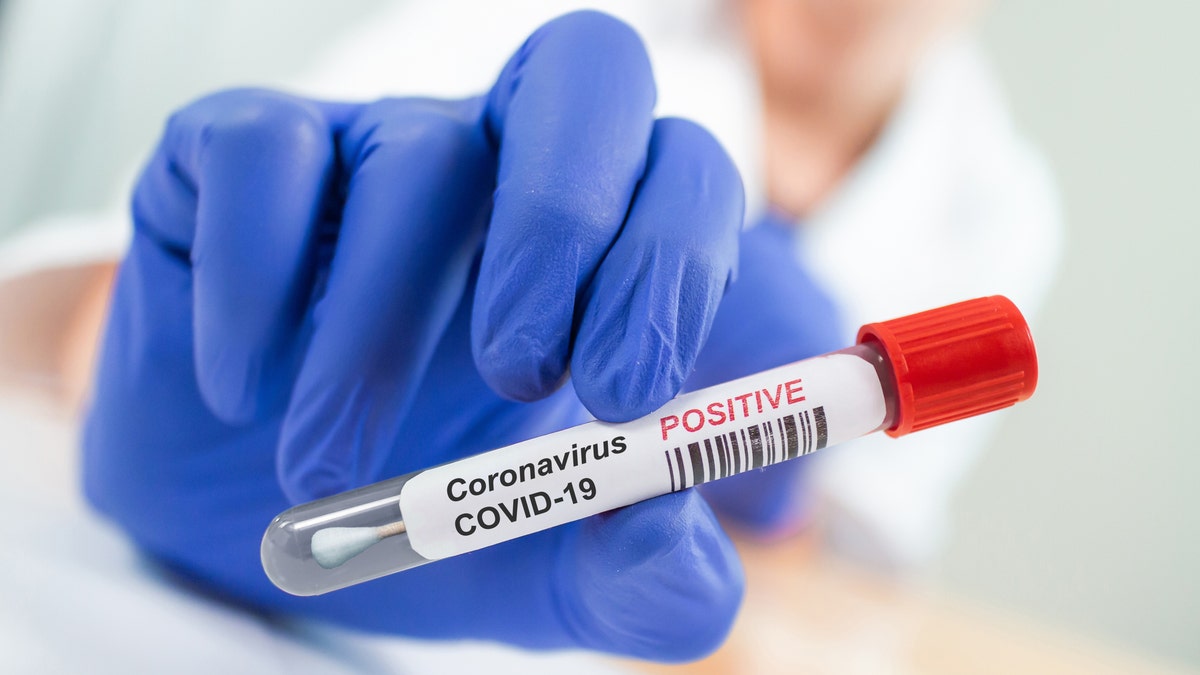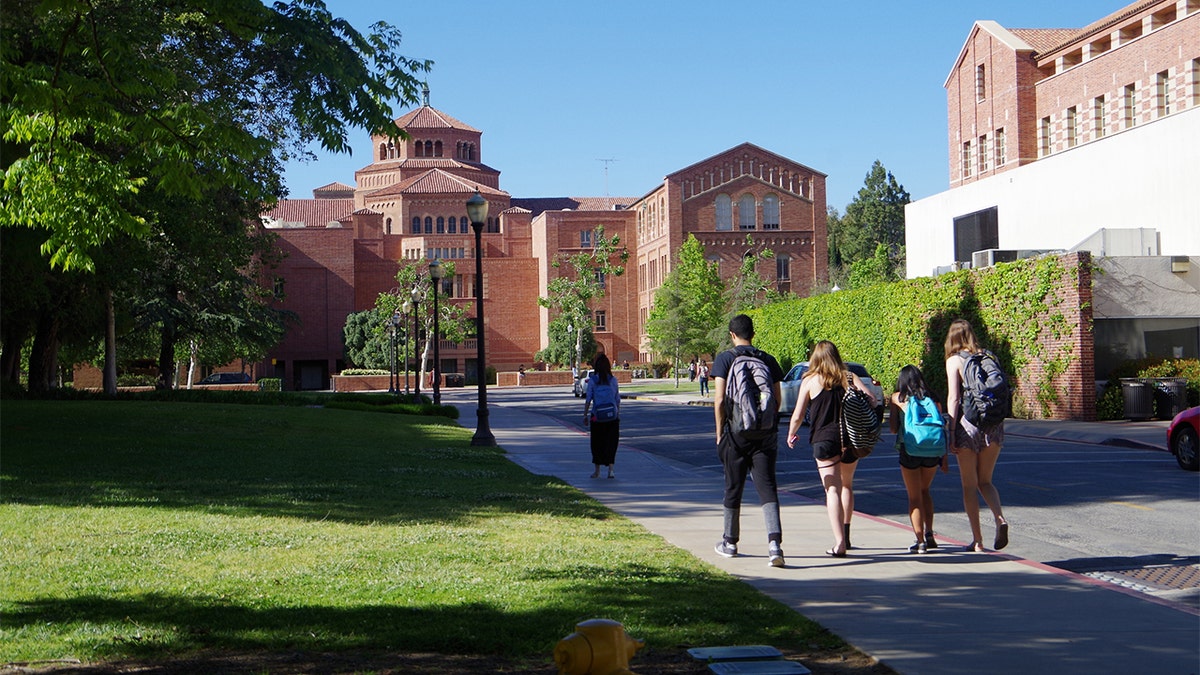A new COVID-19 testing method could help get results out faster.
The FDA authorized on Wednesday emergency use of the SwabSeq COVID-19 diagnostic platform developed by doctors at the University of California, Los Angeles.
The test can turn around results within 12-24 hours, according to the team that developed it.

The FDA authorized on Wednesday emergency use of the SwabSeq COVID-19 diagnostic platform. (iStock) (iStock)
PANDEMIC LIMITING WHAT NFL PLAYERS CAN DO ON THEIR OFF WEEKS
“SwabSeq is simple, sensitive, flexible, rapidly scalable, inexpensive enough to test widely and frequently,” they wrote.
It costs as little as $10 per test and a lab of just 10 people can process tens of thousands of tests in a day, tech news website Dot.la reported.

Doctors at the University of California, Los Angeles developed the testing method. (iStock)
CLICK HERE TO GET THE FOX NEWS APP
The test uses saliva samples and is comparably accurate to the reliable but sometimes-slow PCR tests, according to the report. It analyzes genomic sequences to identify those infected with the coronavirus even if they’re not showing symptoms.
“We literally have people spit into a tub and that tube goes directly in the machine,” Eleazar Eskin, chair of the UCLA department of computational medicine and part of the team that worked on the test, told Dot.la. “So it’s going to be much more scalable.”
The FDA’s emergency authorization allows the test to be used due to the critical situation of the coronavirus pandemic, but it hasn’t been fully approved yet. The FDA hasn’t yet approved any COVID-19 test, but it has given emergency authorizations to more than 270 tests.
CLICK HERE TO SIGN UP FOR OUR LIFESTYLE NEWSLETTER
The coronavirus has infected more than 7.5 million people in the U.S. and killed more than 211,000, according to Johns Hopkins University. The virus has killed more than 1.05 million people globally.
